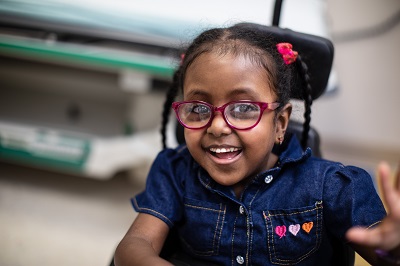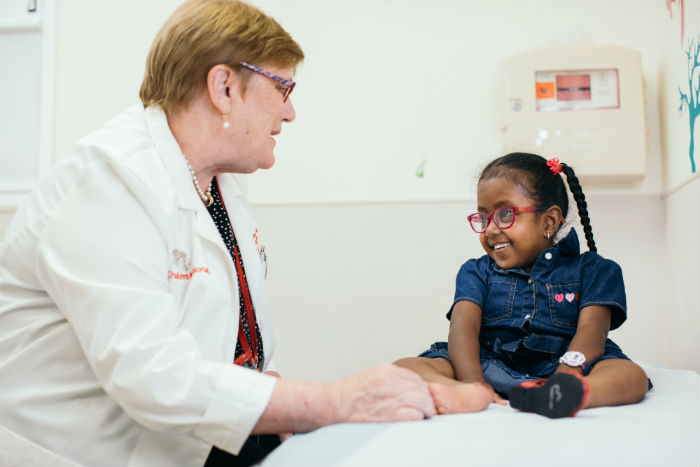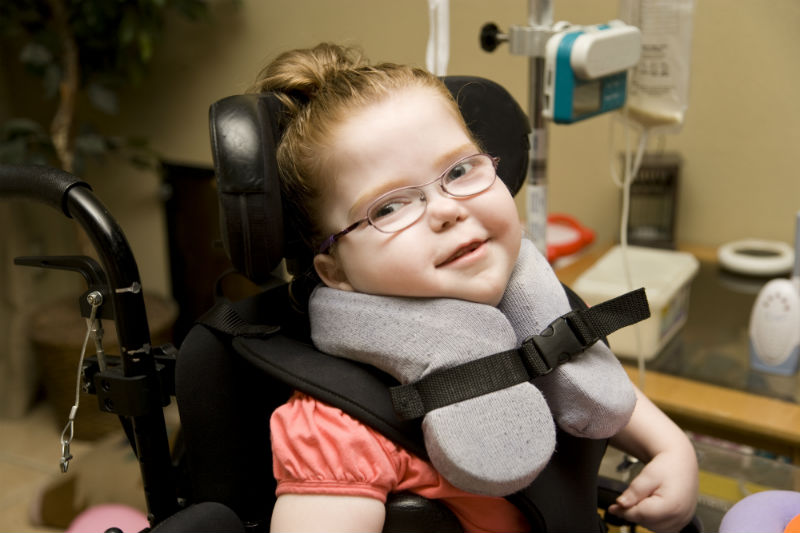Condition
Pediatric Muscular Dystrophy
What You Need to Know
Muscular dystrophy is a broad term that describes a genetic (inherited) disorder of the muscles. Muscular dystrophy causes the muscles in the body to become very weak.
Key Symptoms
Common symptoms of muscular dystrophy may include:
- Delay in walking
- Clumsy movement
- Difficulty climbing stairs
- Frequently trips and falls
Diagnosis
Doctors typically diagnose muscular dystrophy by:
- Physical examination
- Blood tests
- Muscle biopsy
- Electromyogram (EMG)
- Electrocardiogram (ECG or EKG)
Treatment
There is no known treatment, medicine or surgery that will cure muscular dystrophy. Management includes focusing on preventing or minimizing deformities and maximizing the child's functional ability. Interventions may include:
- Physical therapy
- Braces and splints
- Medications
- Surgery
Schedule an Appointment
Our pediatric specialists provide personalized care for your child’s physical, mental and emotional health needs. Meet our providers and schedule an appointment today.
Frequently Asked Questions
What is muscular dystrophy?
What causes muscular dystrophy in a child?
What are the symptoms of muscular dystrophy in a child?
How is muscular dystrophy diagnosed in a child?
How is muscular dystrophy treated in a child?
What is the long-term outlook for a child with muscular dystrophy?
Advancing Care for Children with Neuromuscular Conditions
Children’s National Hospital became the first pediatric hospital to administer a commercial dose of Elevidys, the first gene therapy for the treatment of pediatric patients with Duchenne muscular dystrophy after the Food and Drug Administration approved its use.
Meet the Providers Who Treat Muscular Dystrophy
Departments that Treat Muscular Dystrophy

Movement Disorders Program
The Movement Disorders Program at Children's National Hospital offers evaluation, diagnosis and treatment to more than 400 children each year with conditions that affect the speed, quality and ease of their movement.

Help Kids and Make a Difference
Invest in future cures to help children have brighter futures.










